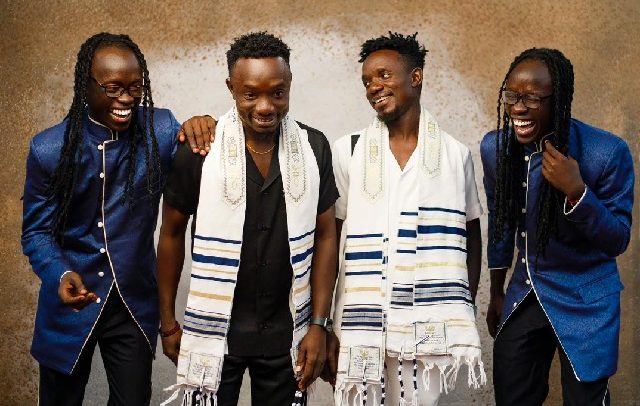Four individuals who have led numerous seminars to inform Ghanaians about their culture and heritage, Mcmaine Boadu, Mckenzie Boadu, Raymond Nkrumah, and Richard Nkrumah, have claimed that culture is not just singing and drumming.
They assert that culture is made up of both concrete and abstract elements, citing concrete cultural elements like the food people eat (akple for Ewes, fufu for Ashantis, and kenkey for Gas and Fantis), as well as concrete cultural elements like their tools, homes, and clothing.
The speakers in the workshop, whose theme was “Reviving Patriotism, Peace, and Unity through Cultural Diversity for Sustainable Development,” revealed that the various Ghanaian ethnic groups speak about 90 different languages and dialects.
They said there are many ways for Ghanaians to express their culture, including through marriage, clothing, music, festivals, religion, and jobs. Here, the processes of “enstoolment” and “enskinment” differ among the various ethnic groups.
All cultures possess five key characteristics, according to Mckenzie Boadu and Raymond Nkrumah: they are learned, shared, founded on symbols, integrated, and dynamic.
They assert that there are seven elements that make up a single civilization. Social structure, customs, religion, language, politics, the economy, and the arts are some of them.
They claimed that culture, which is exemplified by the different ways people celebrate, tell stories, think back on the past, have fun, and envision the future, is essential to a healthy society. Our capacity for creative expression gives us the ability to understand the perspectives of others while also defining who we are.
The key distinction between tradition and culture, according to Mcmaine Boadu and Richard Nkrumah, is that traditions are the ideas and behaviors of a community that are passed down from one generation to the next.
According to their argument, human societies share five fundamental cultural characteristics. The fact that culture is imprinted, communicative, symbolic, interconnected, and dynamic is among them.
Culture is not thought to be innate or genetic. In contrast, people learn cultural customs from those around them.
A nation’s or a community’s culture reflects who it is. Therefore, culture is vital and important in determining how the group acts, reacts, and grows.
They claimed that the culture is greatly influenced by each and every member of the society. You experience a sense of belonging when everyone uses the same language.


